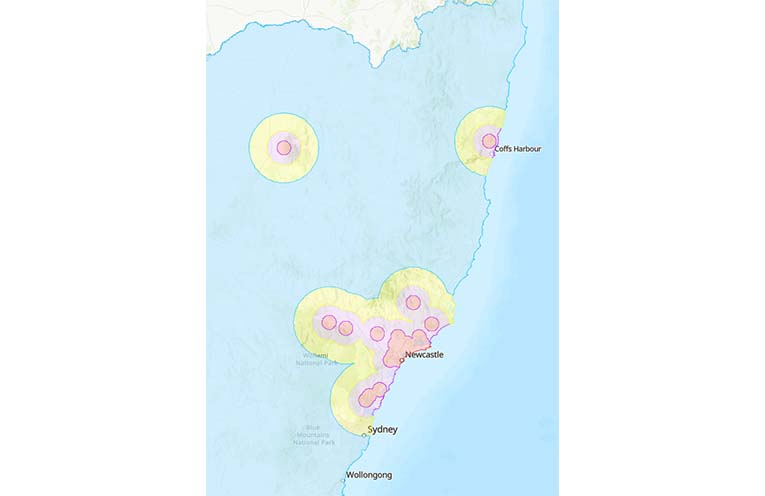
HOBBYIST beekeepers have until now been left feeling the pinch of the varroa Mite incursion on our shores.
However in recognising the critical role that recreational beekeepers play in the management of the mites and controlling the spread of the infestation, compensation is now being offered to the hobbyists.
Agriculture Minister Dugald Saunders said “More and more people are trying their hand at beekeeping in their backyard, which is why we’ve always seen hobbyists as critical to our eradication effort right from the start.
“The National Working Group has agreed to a $550 payment for each recreational hive destroyed to control the mite outbreak, or $200 for those who wish to keep their hive ware, which will cover the cost of the euthanised bees,” he said.
A $200 reimbursement will also be given for each single nucleus hive that is euthanised, regardless of whether the hive ware is kept.
A new Biosecurity Emergency Order has been issued to allow beekeepers in the red eradication zones to work their hives to prevent swarming and remove honey in the 48- hours before their bees are euthanised.
“As the weather gets warmer in the lead-up to spring, it is the peak time for bees to scout out a new home, once their hives become full of honey,” Mr Saunders said.
“Swarming could exacerbate the outbreak and that’s why the new order will allow people to place an empty honey super on the hive to deal with these concerns.”
Those in the red zone who wish to harvest their honey will be subject to strict conditions, including: the decontamination of all vehicles that will be used for transporting honey supers, before and after the move; the honey super must be cleared of bees and sealed so no bees can enter; the honey supers must be taken to an enclosed space for honey extraction; transportation can only take place within the eradication zone and by using the most direct route; beekeepers must not move any part of the brood box and; honey must not be extracted until the honey super is stored in a bee-proof manner for 21 days or at -20 degrees Celsius for 72 hours.
Nine new infected premises (IPs) have been detected at Eagleton, Tomago, Millers Forest, Soldiers Point, Williamtown, Heatherbrae, Salt Ash, Tighes Hill and Leneghan, bringing the total to 53.
The new cases are all linked to existing IPs and are the result of intensive surveillance in the existing red zones, said Mr Saunders.
“A rise in cases is expected in the eradication area because they are often in close proximity to an existing IP.
“With more contact tracing comes more results and that is exactly what we are seeing here,” he said.
“Anyone who has moved their hives out of a known biosecurity zone in the last 12 months should immediately contact the Exotic Plant Pest Hotline to notify DPI of the current location of those hives.”
Only registered recreational beekeepers will be eligible for the reimbursement package and DPI is working with beekeepers and Industry to finalise the application and payment process.
To report the location of your hives call the Exotic Plant Pest Hotline on 1800 084 881.
By Marian SAMPSON
